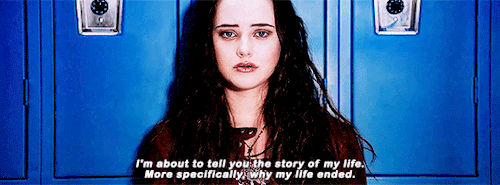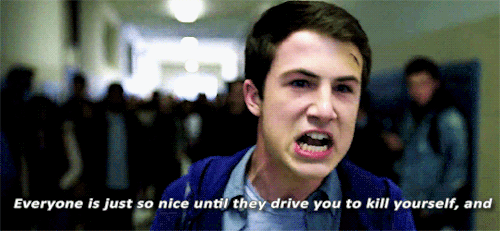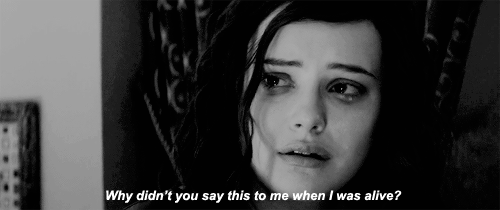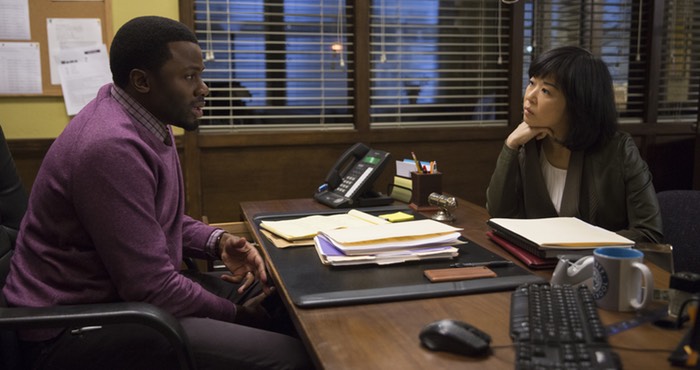
As our society in the Arab world slowly and quietly begins to whisper about mental health illness, the latest Netflix show, 13 Reasons Why, is a viscerally real, enlightening and at times uncomfortable perspective of what adolescents are struggling with today.

The show touches on a number of taboo issues that teenagers are dealing with; including cyberbullying, name calling, rape, sexual harassment, unhealthy relationships, confusion, and suicide. These issues are addressed through the story of Hannah Baker – a teenage girl who commits suicide and leaves behind 13 tapes for 13 people in her life to explain what pushed her to commit suicide. Each tape, or episode, explores a series of negative emotional events that Hannah experiences, which piled up to cause her incredible amount of emotional pain and her eventual fatal act.
The show’s raw, human depiction is a painful reminder to parents and adults not to underestimate how seemingly minuscule interactions can affect teenagers. The show later explains how the brain development of teenagers is particularly sensitive in these years, such that when teenagers feel overwhelmed, they tend to feel that there is no way out and feel like they are worthless. When severe and pushed, this can lead to impulsive and harmful actions.



Naturally, a show that covers such uncomfortable topics will have some critics. Some people were concerned that the show “glamorized” the idea of suicide and has too much focus on the victim, while others felt that the sexual assault scenes were particularly graphic and unnecessary. However, what the show does is portray the realities of high school and the daily life of a teenager.
While these truths may be uncomfortable and difficult for parents and adults to grasp, this does not mean it’s not happening. If people feel uneasy watching the scenes, then it is just a small glimpse into how the victims must feel. The show does a good job of putting you in the shoes of a victim and telling the story from their perspective.
I think the most powerful part of the show is the episode in which the creators, directors and the actors of the show, along with the psychiatrists, therapists, and rape victims who they consulted, discuss the show in detail and provide some educational and informative facts about the psychology, biology, and experiences of teenagers. This is particularly important because it proves that the show is not overly exaggerated, but in fact rooted in actual experiences, and evidence from the scientific community.
A key message in this show is about mental health in teenagers. It portrays how teenage boys and girls are experiencing a rush of feelings that they are overwhelmed and unable to communicate what or why they’re feeling that. It is a time of a number of developmental changes that teenagers cannot explain to themselves – let alone talk about it openly with their parents. Parents must not ignore the issue, but rather allow kids to open up about their daily lives and struggles and listen, instead of judging on every emotion, saying or action that the teenager expresses.

Parents, especially in the Arab world, should not shy away from such difficult topics. The internet is filled with a lot of unsolicited information and teenagers are curious and eager to seek out answers. So if you are not willing to have these open conversations at home, you will not be able to provide guidance and support to your teenage children, who will look for answers elsewhere.
While this may be difficult to watch, it is encouraged that you watch this and, perhaps even watch it with your children, then start the discussion at home.



